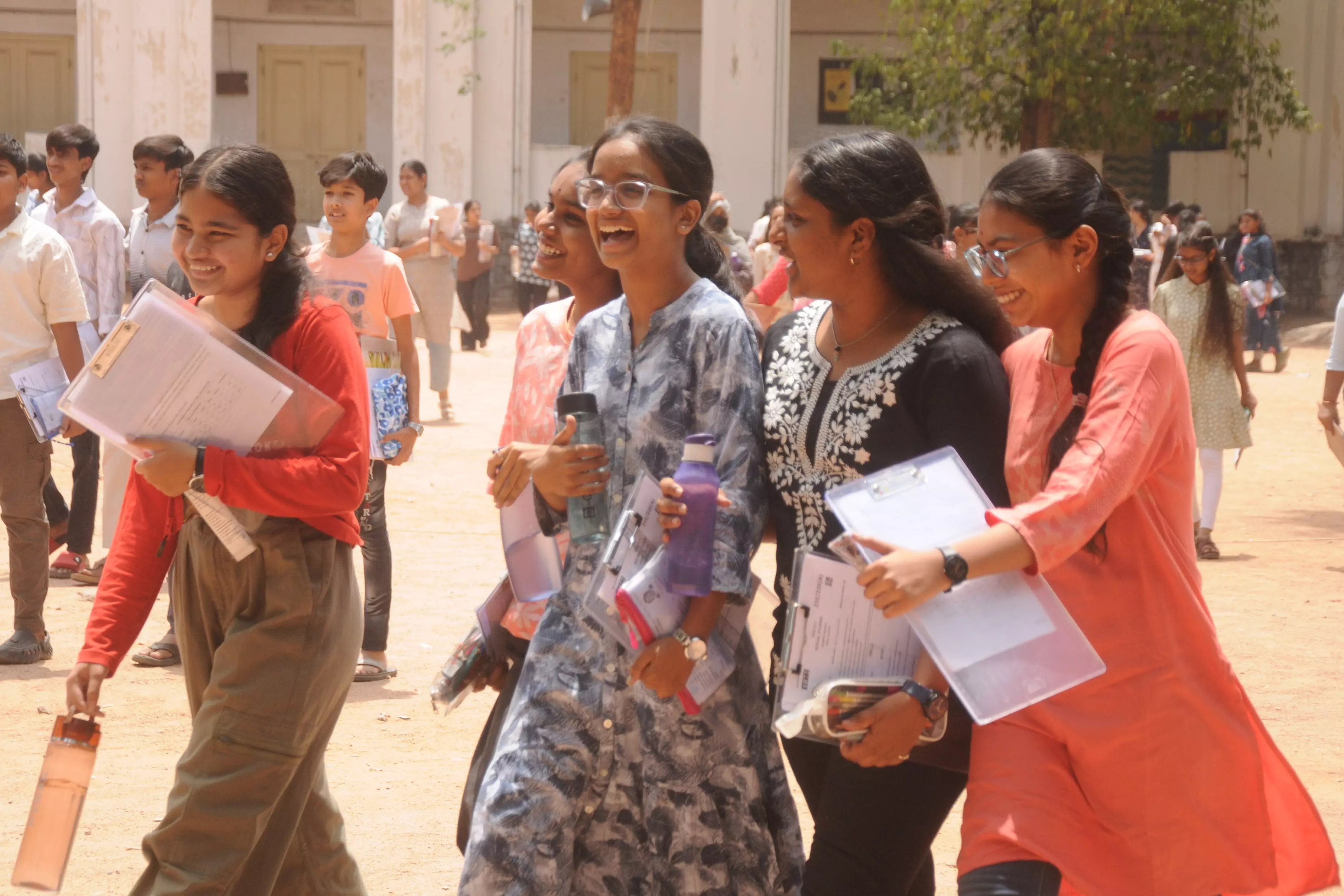CHINA is now exploring the use of Artificial Intelligence (AI) to accelerate education reform and to serve as a model and promote its solutions for integrating AI into education globally and in the process of its integration into the education system, it will reflect on how to improve on it.This was announced by the founding President of the Hong Kong University of Science and Technology (Guangzhou), Lionel Ni at an event in Beijing on Wednesday 16 April. The event attended by local and visiting foreign journalist was organised by the China Public Diplomacy Association.
China’s Ministry of Education issued an opinion proposing the promotion of AI to accelerate the country’s education by integrating China’s AI products such as DeepSeek into the whole process of education, including text books and school curricula. DeepSeek was created by 29-year-old Liang Wenfeng who was born in Guangdong, China’s business hub.The opinion encourages the establishment of cloud schools, intelligent manufacturing spaces, future learning centres, and the creation of a national experimental teaching centre for “AI +X.

”It added that to develop new forms of teaching organisation to promote changes in learning methods, it is important to build a “one-stop” digital student community.Public and journalists attending the presentation.New models of human-machine collaborative teaching can also be integrated into the country’s education system so as to achieve large-scale personalised education driven by AI, and improve the efficiency and quality of education and teaching, the Opinion piece states.
Ni, at the event, highlighted to journalists the crucial role that AI can play in accelerating interdisciplinary integration, fostering collaboration amongst computer science, medicine, humanities, and other fields, including media.This will give rise to new academic disciplines and make possible the cultivation of “T-shaped talents,” individuals with deep expertise and broad interdisciplinary knowledge, which is a central goal for higher education, he said.Ni dispelled the fear of massive job loss due to AI adoption in workplaces, saying AI transforms work outputs and only those who do not know how to use AI correctly can lose their jobs.
He said for teachers, they should now adapt to embrace AI as a crucial tool to ensure they keep up with the demands of education in vastly changing world.“While AI is prevalent today, the teaching profession remains essential and new forms of teaching can be explored,” Ni added.Ni said the renowned success of DeepSeek could not continue if there is lack of talents, adding that “in the era of AI-driven revolution, the competition in algorithms is essentially a competition for talents.
”By DELI-SHARON OSOIn Beijing, China.
Top

China explores integration of AI into formal education

CHINA is now exploring the use of Artificial Intelligence (AI) to accelerate education reform and to serve as a model and promote its solutions for integrating AI into education globally and in the process of its integration into the education system, it will reflect on how to improve on it. This was announced by the...











